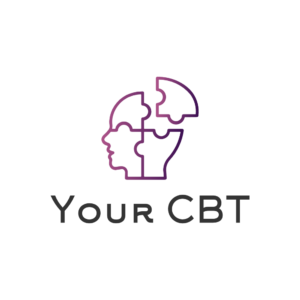
The Perfection Trap: Learning the art of being enough
The Perfection Trap: How to break free and feel ‘enough’ From an early age, many of us grow up with the message that we should

Welcome to

The Perfection Trap: How to break free and feel ‘enough’ From an early age, many of us grow up with the message that we should

How can I tell if I need therapy? 4 key questions to ask. Is something stopping you from leading the life you want to lead?
I’m having strange intrusive thoughts – is there something wrong with me? Do unwanted strange or disturbing thoughts ever pop into your head uninvited? If

I’m so confused by conflicting dietary and weight advice. What do all of the following have in common? Werewolf, Tapeworm, Paleo, Grapefruit and Arsenic? The

Are you feeling tense, worried and stressed? Perhaps these feelings are fairly new, or maybe you’ve been experiencing them for some time? Whatever your experience

I can’t stop bingeing – how can I get my eating under control? Have you ever lost control around food? Let’s be honest, most of
Jill began her training in 2016 when she accepted a place at the University of Sheffield to study BSc Psychology. She also worked as a volunteer support worker and trustee for her local Mind at this time.
After being awarded a First Class Honours degree, Jill went on to gain a distinction in her Masters degree in Psychological Research Methods. Jill joined the South Yorkshire Eating Disorders Association as a CBT-T therapist in 2020 under the supervision of the internationally respected Professor of Clinical Psychology Glenn Waller.
Jill began further training in CBT at the University of Sheffield in January 2021 and was awarded her Post Graduate Diploma in December 2023
Jill has a particular interest in the treatment of eating disorders including Anorexia Nervosa, Bulimia Nervosa, ARFID, Binge Eating Disorder and Rumination Syndrome.
Cognitive Behavioural Therapy (CBT) is a gold standard talking therapy used around the world. In 2021 almost 2 million CBT appointments were made in England alone.
The National Institute for Health and Care Excellence (NICE) recommends CBT as the first choice of treatment for many mental health difficulties. It has a clear evidence base, with therapeutic approaches that are designed and tested to ensure they are as effective as possible.
CBT can help you to notice thoughts, feelings, behaviours and bodily sensations and to understand the links between them. It can give you the tools to adopt more helpful ways of thinking and behaving, in order to improve your state of mind.
Unlike some other talking therapies, CBT looks at what is happening in the here and now. The focus is on helping you to feel better as quickly as possible. CBT targets patterns of thoughts and behaviours that are maintaining your difficulties and keeping you stuck.
It is sometimes helpful to explore the origins of current difficulties (and CBT techniques can be used to do this). However, many people are unsure, or cannot accurately remember, how their difficulties began. Therefore discussion of past experiences is not always helpful and some people actually find it unhelpful.
Together we can identify the patterns of thinking and behaviour that are keeping you stuck in your current difficulties.
We want to help you to understand and overcome the challenges you are facing.
“…I will teach you what I have learned about mental health and the skills you need to look after yours…”
What does a typical CBT session look involve?
This short video explains what you can expect to happen during your CBT session…
Jill shares a couple of simple techniques that you can use if your feeling worried, anxious, stressed or even angry…
Schedule an appointment today
Or make contact via email
© Your CBT Ltd - 2025 All rights reserved
Company Number: 16287075